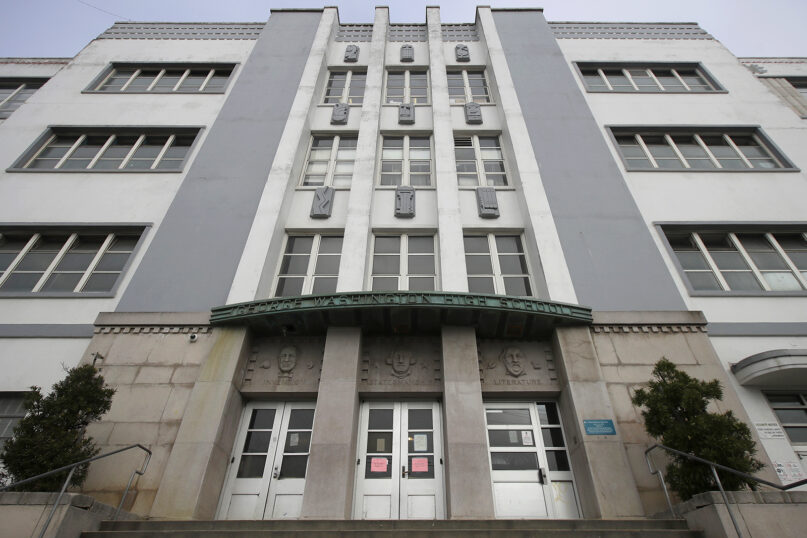LOS ANGELES (RNS) — Religious groups are urging California education officials to include their histories and cultures in a model ethnic studies curriculum being developed for high schools in the state.
The proposed curriculum, which the Department of Education has been planning since 2018, centers on Chicanos and Latino Americans, African Americans, Asian Americans and Native Americans. It is intended to serve as a guide as schools design the ethnic studies courses that could be mandated for graduation beginning later this decade.
But Jewish, Sikh, Arab American and other groups have sought to be represented in the curriculum as well, and they say that the department’s offer to expand an appendix of resources to reflect these religious and cultural identities isn’t enough.
They’ll be making their case during a pair of virtual meetings Wednesday and Thursday (Nov. 18 and 19), when the State Board of Education will present the latest curriculum revisions to the Instructional Quality Commission. The commission serves as an advisory body to the board.
The Sikh Coalition and the Jakara Movement are asking that Sikhs be included under the Asian American studies curriculum, as are members of the California chapter of the Council on American-Islamic Relations and the Arab Resource and Organizing Center, who are calling on the department to include Arab American studies within the Asian American unit.
The original proponents of the curriculum worry that including additional faith and ethnic groups will “water down” a program intended to highlight the effects of systemic oppression of the four major ethnicities.
The Anti-Defamation League criticized the curriculum last August for “failing to include Jews in a meaningful way,” neglecting discussion of anti-Semitism.
Jewish groups have also been critical of a segment on Arab American history with references to Israeli oppression of Palestinians, according to EdSource, that the Anti-Defamation League said incorporated “harmful anti-Jewish stereotypes in its completely inappropriate and biased criticism of Israel.”
Since then, the department has recommended removing the content referring to Israeli oppression and language that was perceived as anti-Semitic.
But CAIR is urging the department to disapprove “definitions of antisemitism that equate criticism of Israel with antisemitism,” arguing that if California’s education system “succumbs to a campaign that would brand any mention of Palestine in public schools as de facto anti-Semitic — we’re going to face a dire precedent.”
Once the Instructional Quality Commission moves the revised curriculum forward, a 45-day public review period will follow. By law, the State Board of Education must adopt the curriculum by March 31, 2021.





